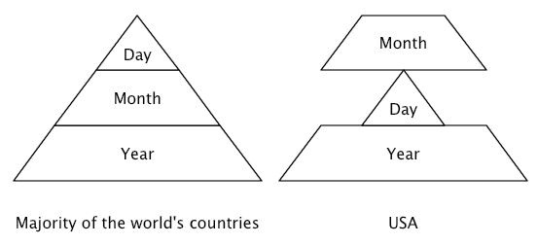In the post you quoted, I say I play on the HIGHEST difficulty level. That's Deity.
You too are calling my opinion worthless without reading what I wrote. Please learn to read first. Again, you are making wrong assumptions. I have more than 100h in the game. So all your arguments, and his, are wrong. What to make of your conclustions?
You think the AI is good when it sends settlers to the frontline? Seriously? He just gifts the player settlers. Barbs are not opponents, they are mostly irrelevant as a challenge because they are a threat only in the early game. Civ VI difficulty level amounts to flipping a coin: Odds: You get rushed by Gilgamesh or someone else early on when they have 3 vs 1 advantage, +5 to their combat stats thanks to Deity bonus, and since it's turn 12, you lose. Even:You don't get rushed early. The AI can't wage a war. You win.
The AI sees improvements, yes, but they are still not good enough. When it has tech advantage, difficulty bonus advantage, when it declares war against you, it should win. It does not. It still has no clue how to attack a city as per the last patch. It valiantly surrounds it and lets you pick its superior units one by one because it can't position itself decently and doesn't concentrate its firepower on single targets.
Your posts before very strongly implied you basically played one game for every patch, maybe even less. That doesn't make for 100h, so I assumed you had less. If you indeed do have over 100 hours into the game, then your opinion is indeed more valuable.
I certainly *do not* think that the AI sending Settlers to the frontline is good behaviour. That said, I don't see it happen often. I'm not cheesy enough to declare war and capture a Settler for free, but the idea does cross my mind when I come across one, and I can't really remember that happening.
I very much disagree with your other main point, saying the AI can't wage a war. Apparently, you've not been paying enough attention. Release AI was extremely bad, I certainly agree with that. However, since the Australian Summer patch I've seen them take walled cities, and in a game where I had neither horses nor iron, I was actually in a lot of trouble defending against Germany despite playing (pre-nerf) Australia and having a lot more cities. Only after I'd gotten a number of Crossbowmen and a horse resource did I manage to take back the city he captured, and that still included suiciding basically every warrior and heavy chariot I had at that point, and I most certainly wasn't in a position to keep pushing the momentum. Since the Spring Patch, I've even had things happen like an early rush with some four archers and three warriors failing because, after having fought quite a bit to get to the AI's (unwalled) city, I was not able to deal with three more archers appearing. In fact, now that I think about it, this may still have been Summer Patch. On the Spring Patch, however, I know that I needed 30 turns to get a city-state while playing Germany, simply because they got their walls up just before I could go in for the attack and because they'd already built heavy chariots while I was fighting with archers and warriors and hadn't yet gotten a battering ram (I once again had no iron). Also on the Spring Patch, I got into quite a bit of trouble attacking with Alexander in the classical era, as the AI had a walled city on the coast (so no sieging, as it was the first coastal city I was going to get) with quite a bit of good defense. All on Emperor by the way.
AI might not be brilliant by any means, but for at the very least some 95% of the players they're at least a
challenge. I agree it needs better, but if they keep improving the AI as much as they've done the last few patches for two years, well, I think that the people who now say "Deity is too easy" will for the most part be happy if they win on Emperor or Immortal. Right now I'd say the AI is already about as good as Civ V's AI, maybe even better. And the game's only been released half a year ago and will probably be supported for some three more years.
Oh, and on your last comment, I don't know what kind of AI you're playing with, but the AI I'm playing against is
quite good at focusing on a single target. It happens quite often that I put a unit somewhere thinking he'll be safe, and then the concentration of firepower just kills him off.


 )
)
